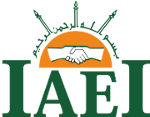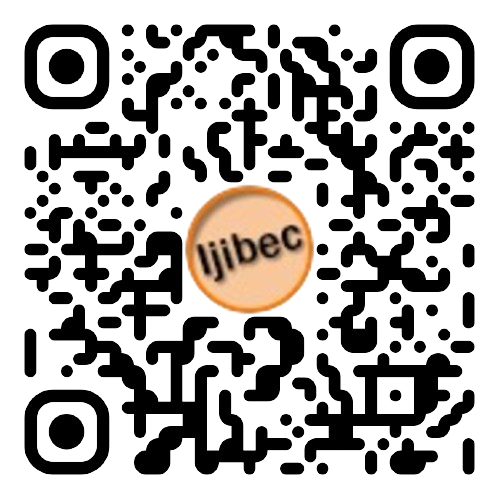The Effect Of Islamic Work Ethics On Organizational Commitment, Job Satisfaction And Turnover Intentions of Islamic Microfinance in Pekalongan
DOI:
https://doi.org/10.28918/ijibec.v4i1.1571Keywords:
Islamic Work Ethic, Job Satisfaction, Organizational Commitment, Turnover IntentionAbstract
The purpose of this research is to analyze the effect of Islamic work ethics on job satisfaction, turnover intentions and organizational commitment and its three dimensions: affective commitment, continuance commitment and normative commitment. This method of analysis used a simple regression to determine the relationship of independent variables and dependent variables. The analysis used descriptive analysis to present the main characteristic of the samples. Islamic work ethic used instrument developed by Ali, job satisfaction was measured by Dubinsky and Harley’s instruments, organizational commitment used instrument by Bozeman, Perrewe, Meyer and the turnover intentions adapted by previous reaserch, Hom and Griffeth. The collected data was tabulated and analyzed using softwareStatistical Package for the Social Sciences (SPSS)16.0. This research selects 10 Islamic microfinances in Pekalongan city. Results show that Islamic Work Ethic is positive significant related to job satisfaction, affective commitment, continuance commitment, normative commitment, and negative influence related to turnover intention variable. From this research, the application of Islamic Work Ethics was a solution to job satisfaction and organizational commitment and less contributes to turnover intention














